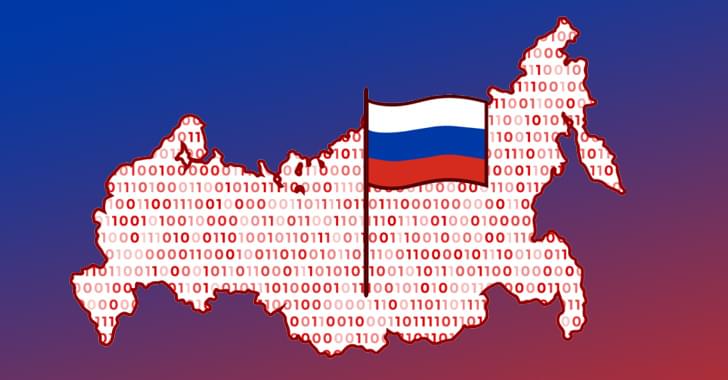Please see my new FORBES article:
Thanks and please follow me on Linkedin for more tech and cybersecurity insights.
More remarkably, the advent of artificial intelligence (AI) and machine learning-based computers in the next century may alter how we relate to ourselves.
The digital ecosystem’s networked computer components, which are made possible by machine learning and artificial intelligence, will have a significant impact on practically every sector of the economy. These integrated AI and computing capabilities could pave the way for new frontiers in fields as diverse as genetic engineering, augmented reality, robotics, renewable energy, big data, and more.
Three important verticals in this digital transformation are already being impacted by AI: 1) Healthcare, 2) Cybersecurity, and 3) Communications.





